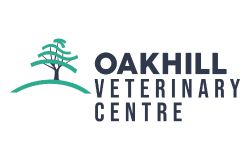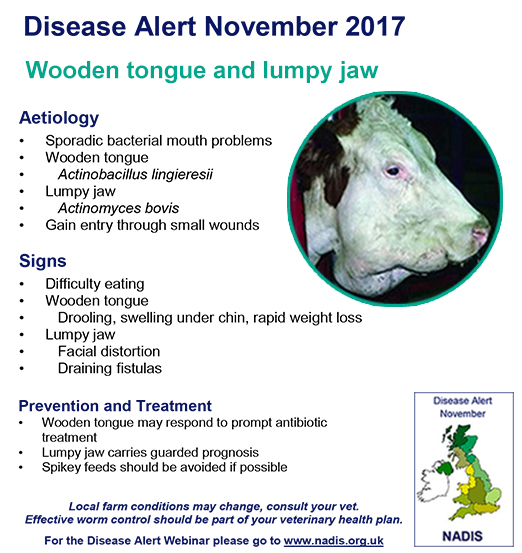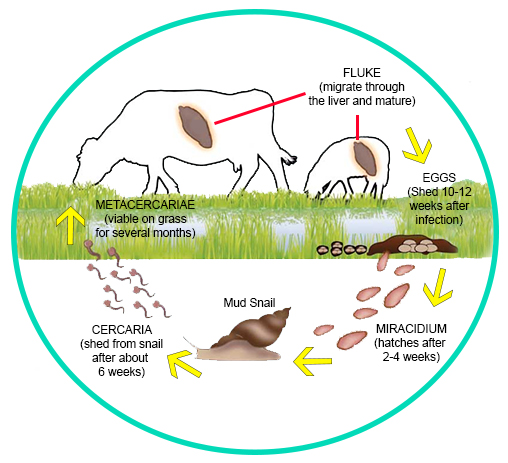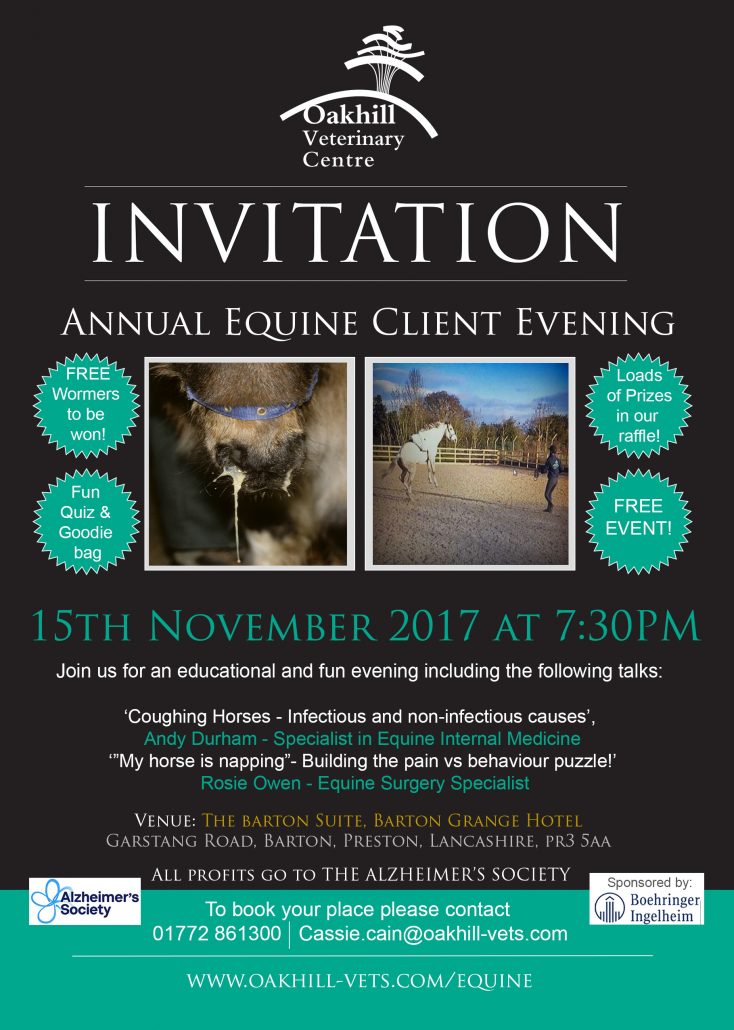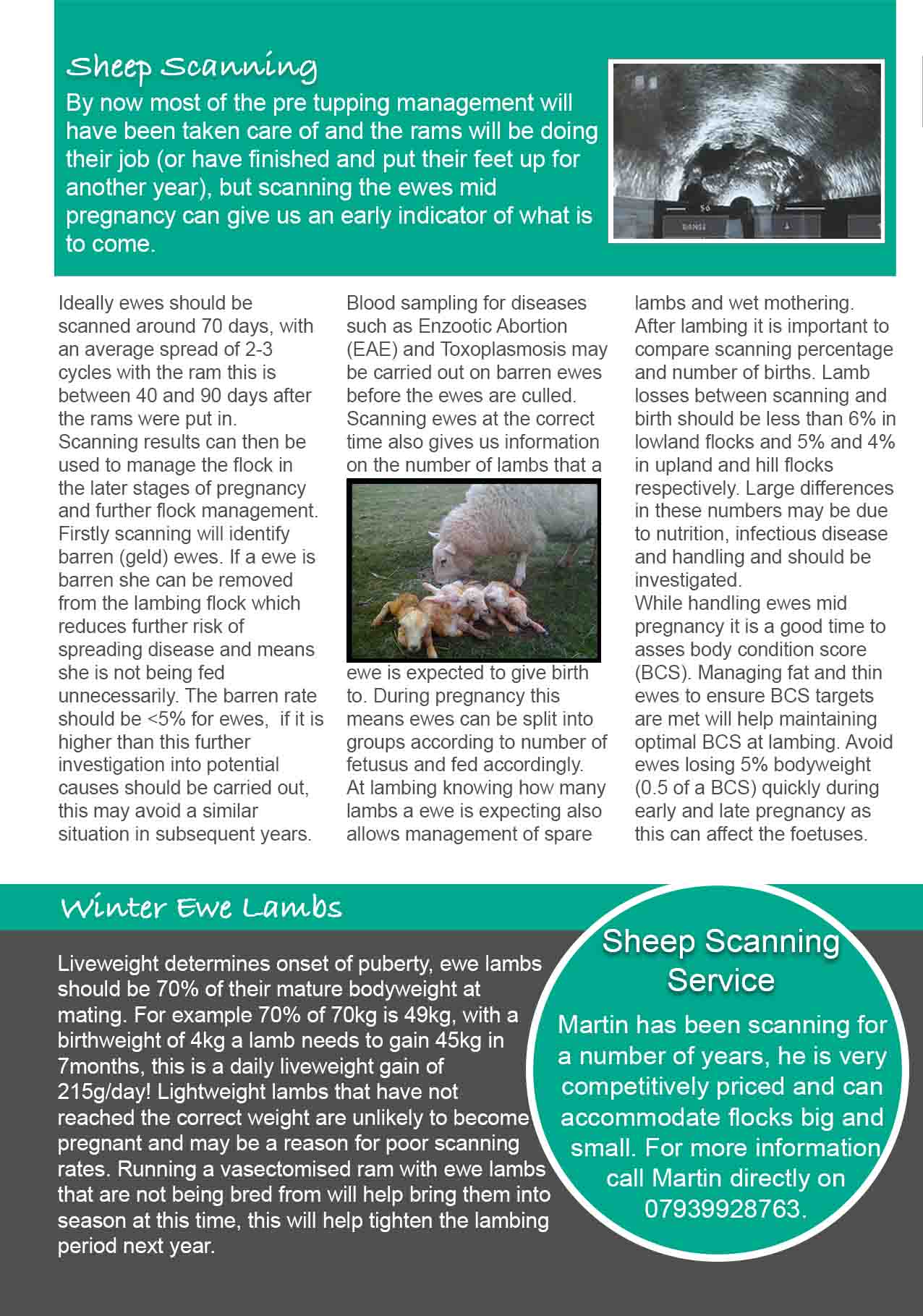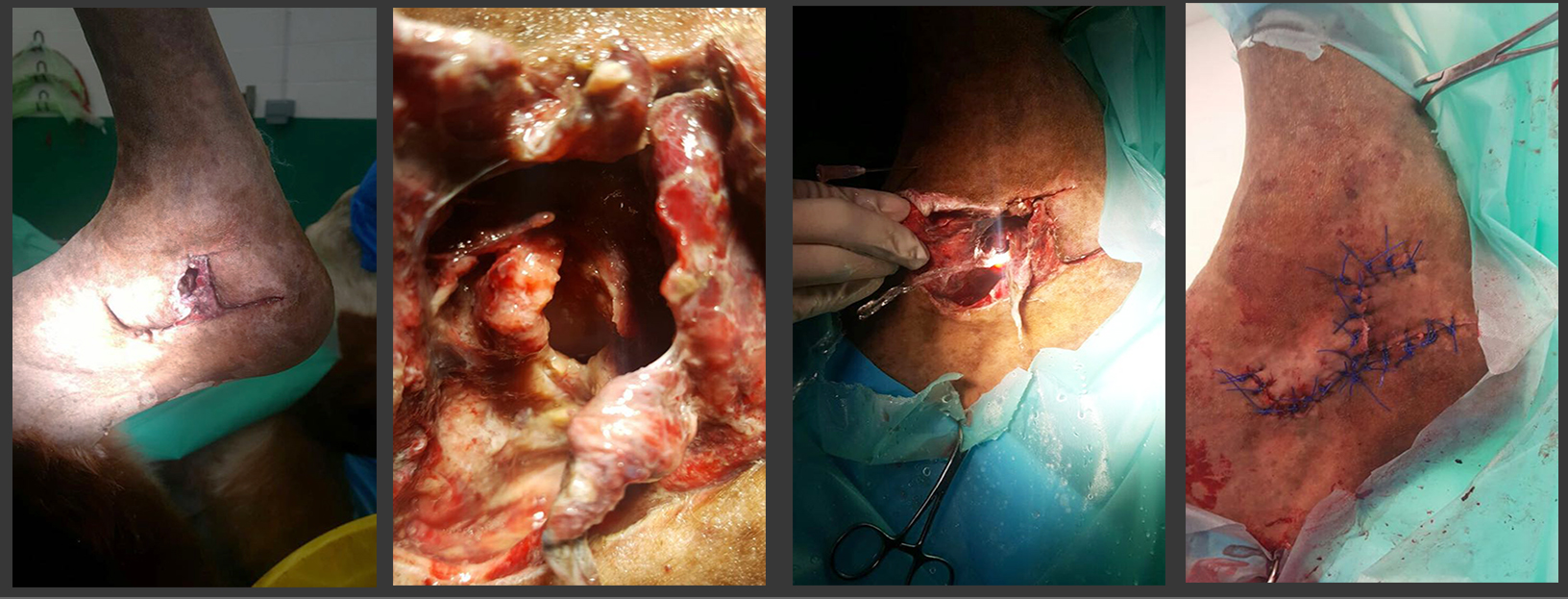As the weather gets colder many of us will use anti-freeze in our car engines, but while it’s convenient for us, it’s also very dangerous to our pets.
While many people may think, ‘why would my cat or dog go near anti-freeze?’ well, Ethylene glycol- the main ingredient in most anti-freeze brands has an inviting aroma and sweet flavour. Its appealing smell and taste often tempts animal into tasting it.
Anti-freeze is found in car radiators and some screen washes, but it is extremely toxic to both dogs and cats. As our pets like drinking from ditches, puddles and ponds, it could mean they’re prone to drinking water contaminated with anti-freeze. Anti-freeze can also be found in some inks and snow globes.
The active ingredient of many anti-freezes, ethylene glycol, is rapidly absorbed into the body after drinking. Within hours it causes severe kidney damage, which is very difficult to treat. In one report involving 25 cat cases, 96% of those affected died.
Signs & Symptoms
Some common signs of antifreeze poisoning in dogs and cats include:
- Drunken behaviour
- Euphoria/Delirium
- Wobbly, uncoordinated movement
- Nausea/Vomiting
- Excessive urination
- Diarrhoea
- Rapid heart beat
- Depression
- Weakness
- Seizures/Convulsions/Shaking tremors
- Fainting
Treatment
If you suspect your pet has drunk some anti-freeze, it’s important you contact us ASAP. If your cat or dog is treated immediately after exposure it has a far greater chance of survival. However your pet will need intensive treatment. Tragically, the survival rate is very low if the kidneys have been damaged and poisoned pets often have to be put to sleep.
Prevention
Anti-freeze is one of the most life-threatening poisonings that vets see, but there is a safer alternative. Propylene glycol anti-freeze is more expensive but safe for pets and other wildlife. All anti-freeze products should be labelled to show its contents, so please check these before purchasing and avoid products with Ethylene glycol.
